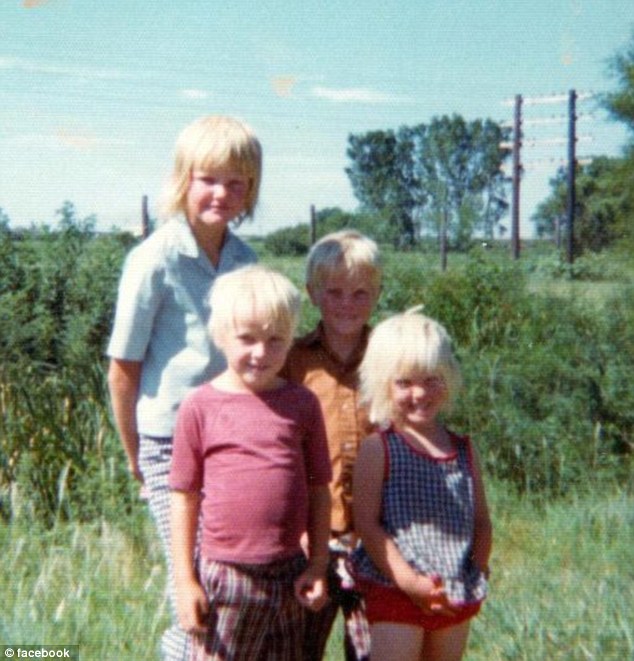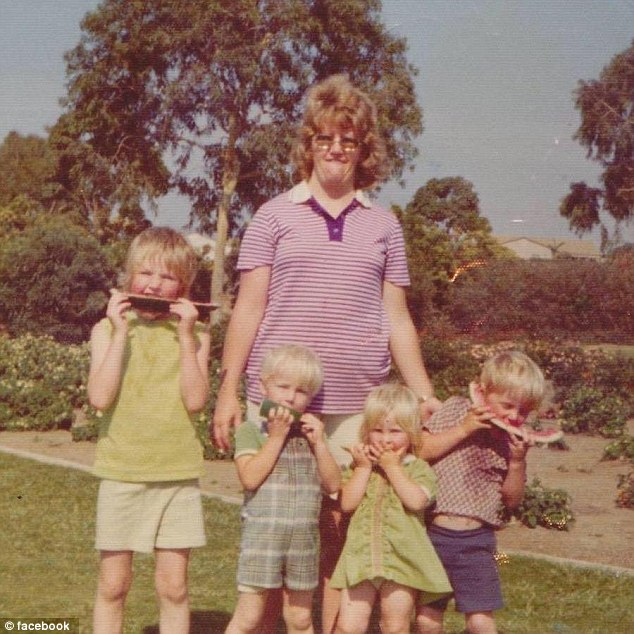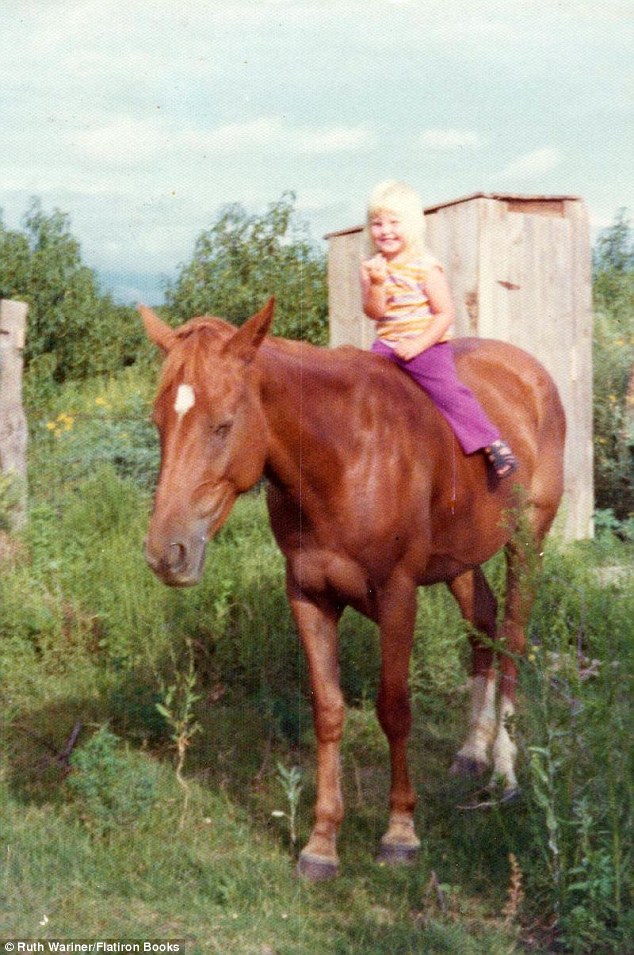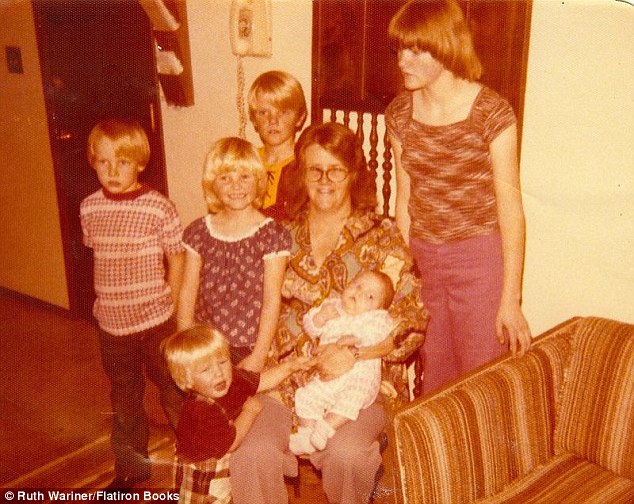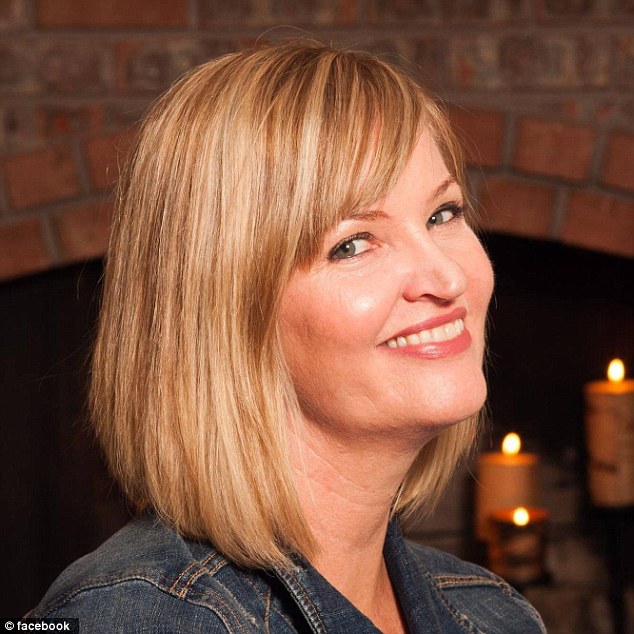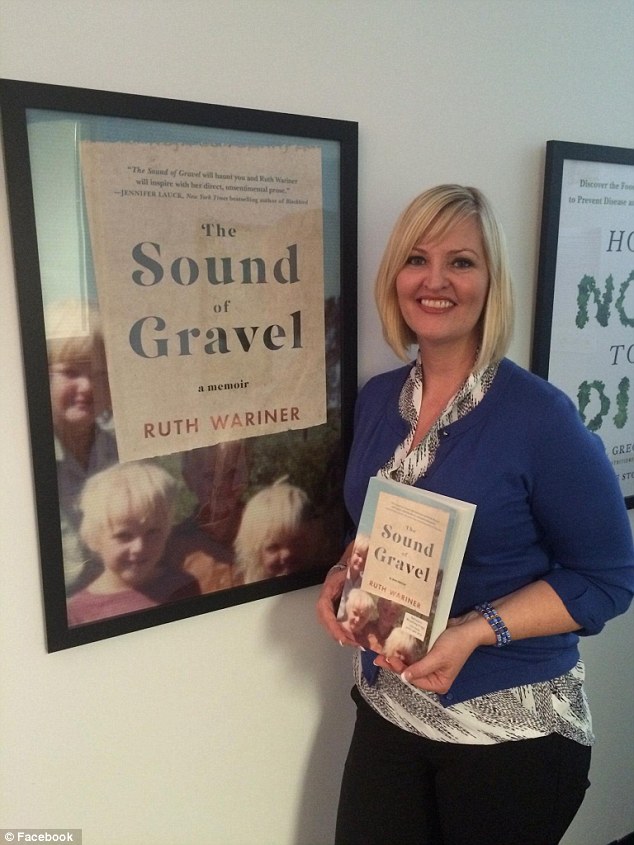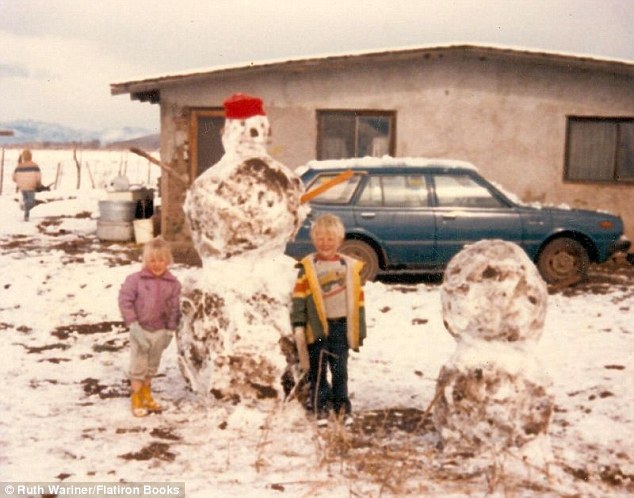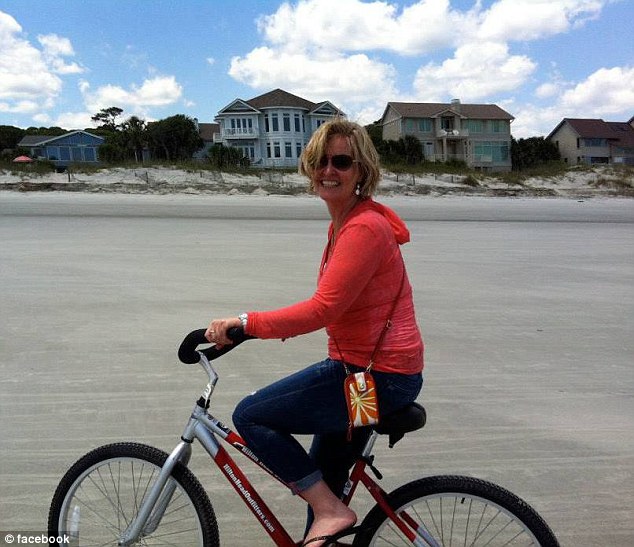"I Told Mom My Stepdad Was Sexually Abusing Me and She Said I Had to Practise Forgiveness': Woman Who Grew up with 41 Siblings Tells of Horrific Childhood in Cult
Daily Mail
Her harrowing story is told in intricate detail in her memoir The Sound of Gravel including the heartbreaking moment Ruth realized she had to leave her mom behind. Her mother was married to the founding prophet of the colony, an honor that made her feel 'anointed'. 'They brought her in and made her feel special,' she told People. 'She had a place in the world. That was her comfort zone - the only life she had ever known.' The women in the church were taught to turn a blind eye to any wrongdoing by their husbands - believing marriage was their only ticket into 'the kingdom of heaven'. Therefore, when Ruth started being physically and sexually abused by her stepfather, it was ignored. 'They also rationalized the abuse,' she said. 'It was like 'Hey, it's not big deal. It's not like he's raping these girls.' In their minds it just wasn't that bad.'
'I never liked [my stepfather], and hated him after I turned eight. That's when he'd sneak into my bedroom during the nights he stayed with my mom and touch me,' she told the New York Post. 'I was promised me ice cream if I kept quiet, but I told my mom - multiple times - what he was doing. 'Each time she told me that we needed to practice forgiveness. It crushed my soul that my mother wouldn't leave him. But in our religion, women needed to be married to get into heaven, so she stayed.' It wasn't until Ruth's mother decided to move the family away from their stepfather, to her own mother's house in California, that her life changed. The experience became a glimpse into what life could be like outside of the compound. 'I finally had a chance to be a kid, having fun on the playground, eating Lucky Charms cereal, watching cartoons, listening to Simon & Garfunkel and Elton John,' she said. 'All things we hadn't been exposed to.' But the feelings of security vanished when she had to return to the compound in Mexico.
I knew my life wouldn't be happy if all it amounted to was having several children by a shared household,' she writes in her book. 'I wanted love, but mom couldn't teach me how to get that because she didn't know herself. 'She couldn't show me how to be happy, only how to survive.' Ruth and her three younger sisters - who were aged 12, ten and eight at the time - lived with her grandmother for four years after running away from the compound. By the time Ruth was 19, she managed to get a home of her own for her and her sisters for the very first time. She threw herself into education and began taking community classes - skipping sleep so that she could finish her homework. She earned a GED and graduated college before going on to obtain a master's degree. Ruth is now married and works as a Spanish teacher in Portland. She credits her three sisters as being the inspiration to tell her story after they began asking questions about their mom.
'I wanted them to know our history,' she said of her sisters. 'Where we came from, what happened to our mom.' Ruth says the process of writing the book was healing for her. 'It was cathartic, there was a release of a lot of pain,' she said. 'Writing about my mother, as an adult, helped me to understand her situation better and have more compassion for her. I was able to see her in a different light.' Her stepfather died three years ago. 'Somehow, I've learned to forgive him. Sometimes I look back on my life and think, 'Really? Did this happen?' But I've tried to let go of the anger inside of me,' she tells The Post. 'I'll never forget when, a few months before my mother died, she told me she loved me — words I don't think I had ever heard from her before. 'Ruthie, I need to tell you … that I'm so sorry,' she said. 'I'm sorry for everything that you've gone through. I do feel like things have gotten better. Don't you think so?' she asked, crying hard. Remarkably, Ruth says, she has found a way to forgive her mother. 'I think I had to create my own definition of forgiveness,' she explains. 'Growing up, it just meant that you put up with it. But this [forgiveness] was for myself, in order to not have to continue being angry with her. But it's a practice and a process.'
|
.
Any original material on these pages is copyright © BishopAccountability.org 2004. Reproduce freely with attribution.
